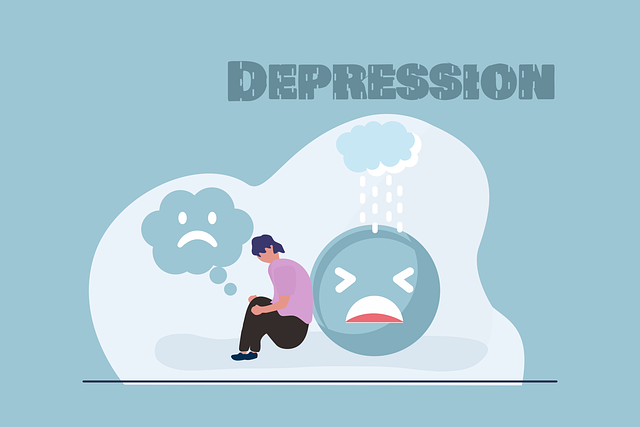Englewood Parenting Skills Therapy offers a holistic approach to managing anxiety by addressing physical and emotional signs, cultural sensitivity, self-esteem building, and practical daily strategies. Their tailored solutions empower parents with communication, boundary setting, and emotional regulation techniques, enhancing family well-being and preventing burnout. Through cultivating emotional regulation skills, self-awareness exercises, and mindfulness practices, individuals can identify triggers, develop coping mechanisms, and promote a positive self-image, all while dedicating just minutes each day to these techniques.
Anxiety is a common struggle, affecting individuals across all walks of life. Effective management is key to maintaining mental well-being. This article explores comprehensive strategies for navigating anxiety, from recognizing signs and understanding triggers to practical daily coping techniques. We delve into the transformative power of therapy, highlighting Englewood Parenting Skills as a specialized approach that empowers individuals to overcome anxiety. By combining awareness with actionable steps, you can take control of your mental health and foster resilience.
- Understanding Anxiety: Recognizing Signs and Triggers
- Practical Strategies for Daily Coping
- The Role of Therapy: Englewood Parenting Skills and Beyond
Understanding Anxiety: Recognizing Signs and Triggers

Anxiety is a natural response to stress and danger, but when it becomes persistent and overwhelming, it can significantly impact daily life. Recognizing the signs and triggers of anxiety is the first step towards managing it effectively. Individuals experiencing anxiety may notice physical symptoms like increased heart rate, rapid breathing, or muscle tension. They might also feel a sense of unease, fear, or worry that is difficult to control. Identifying these early cues is crucial as it allows one to address the issue before it escalates.
Englewood Parenting Skills Therapy emphasizes the importance of understanding cultural sensitivity in mental healthcare practice. Different cultures may interpret anxiety symptoms uniquely, so seeking Trauma Support Services tailored to individual needs is essential. Additionally, building self-esteem improvement strategies can empower individuals to confront and overcome their anxiety triggers. By recognizing patterns and developing coping mechanisms, one can take proactive steps towards managing anxiety and improving overall well-being.
Practical Strategies for Daily Coping

In the pursuit of effective anxiety management, incorporating practical strategies into daily routines can significantly mitigate stress levels. The professionals at Englewood Parenting Skills Therapy emphasize that small, consistent actions can lead to substantial improvements in mental well-being. One such strategy involves cultivating emotional regulation skills, enabling individuals to respond calmly rather than reacting impulsively to anxious thoughts.
Additionally, engaging in self-awareness exercises and practicing mindfulness can help foster self-esteem improvement by promoting a more positive self-image. By dedicating just a few minutes each day to these techniques, individuals can gain valuable insights into their triggers, develop coping mechanisms, and enhance their overall resilience against anxiety.
The Role of Therapy: Englewood Parenting Skills and Beyond

Englewood Parenting Skills Therapy plays a pivotal role in anxiety management, offering tailored solutions for individuals and families. This form of therapy focuses on empowering parents with effective strategies to support their children’s mental health. By enhancing communication, setting boundaries, and teaching emotional regulation techniques, therapists help parents navigate challenging behaviors and foster a sense of security.
Beyond direct parent-child interactions, Englewood Parenting Skills Therapy integrates public awareness campaigns and self-esteem improvement initiatives. These efforts contribute to a holistic approach, aiming to prevent burnout among both parents and children. Through increased understanding and access to resources, families can better manage anxiety, fostering healthier relationships and improving overall well-being.
Anxiety management is a multifaceted approach, and incorporating various techniques can significantly improve one’s quality of life. From recognizing signs and triggers to adopting practical daily coping strategies, individuals now have powerful tools at their disposal. Additionally, engaging in therapy, such as Englewood Parenting Skills, offers specialized support, empowering people to navigate and overcome anxiety-related challenges. By combining self-care practices and professional guidance, managing anxiety becomes a manageable journey towards a calmer and more resilient mind.











